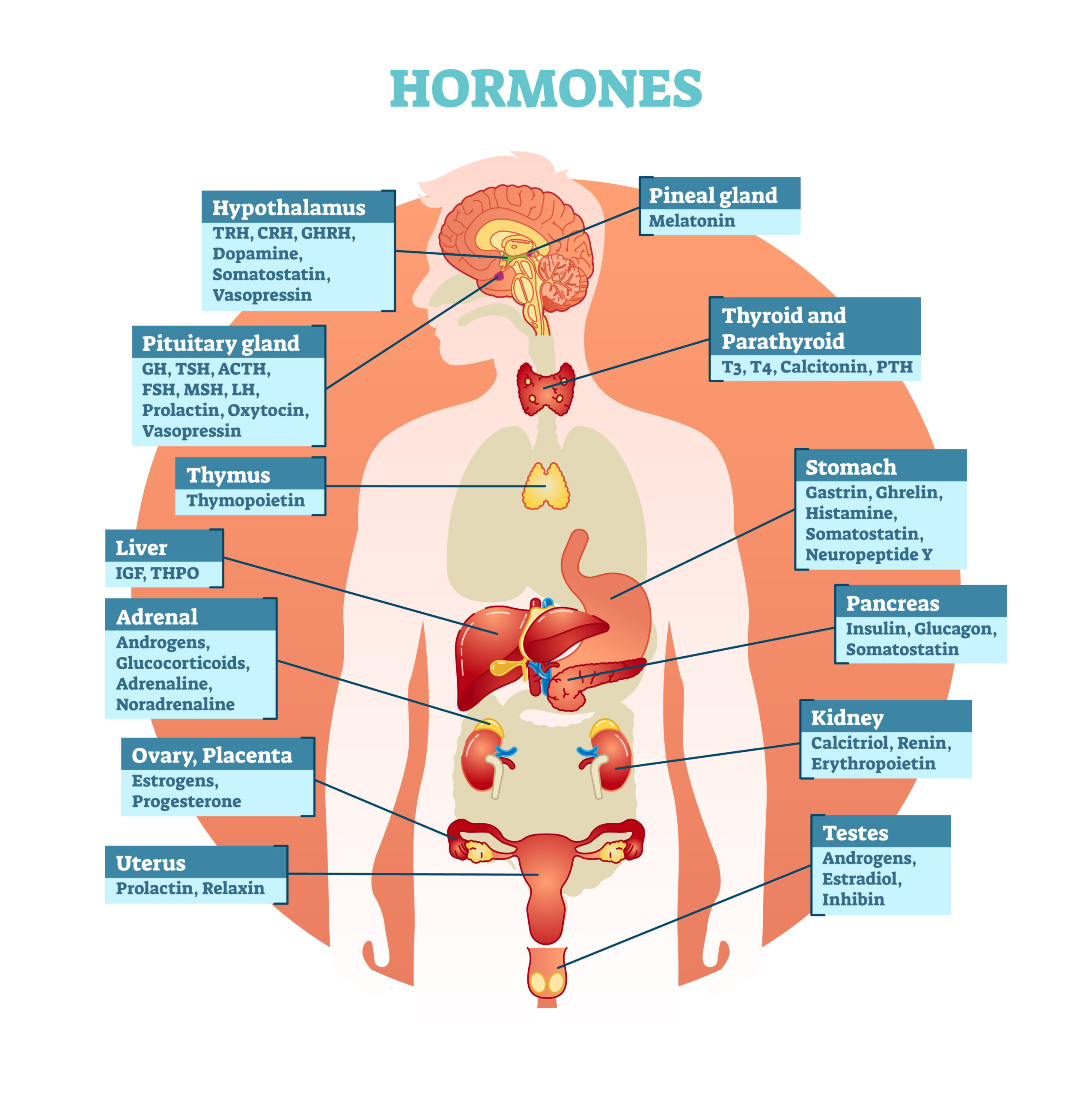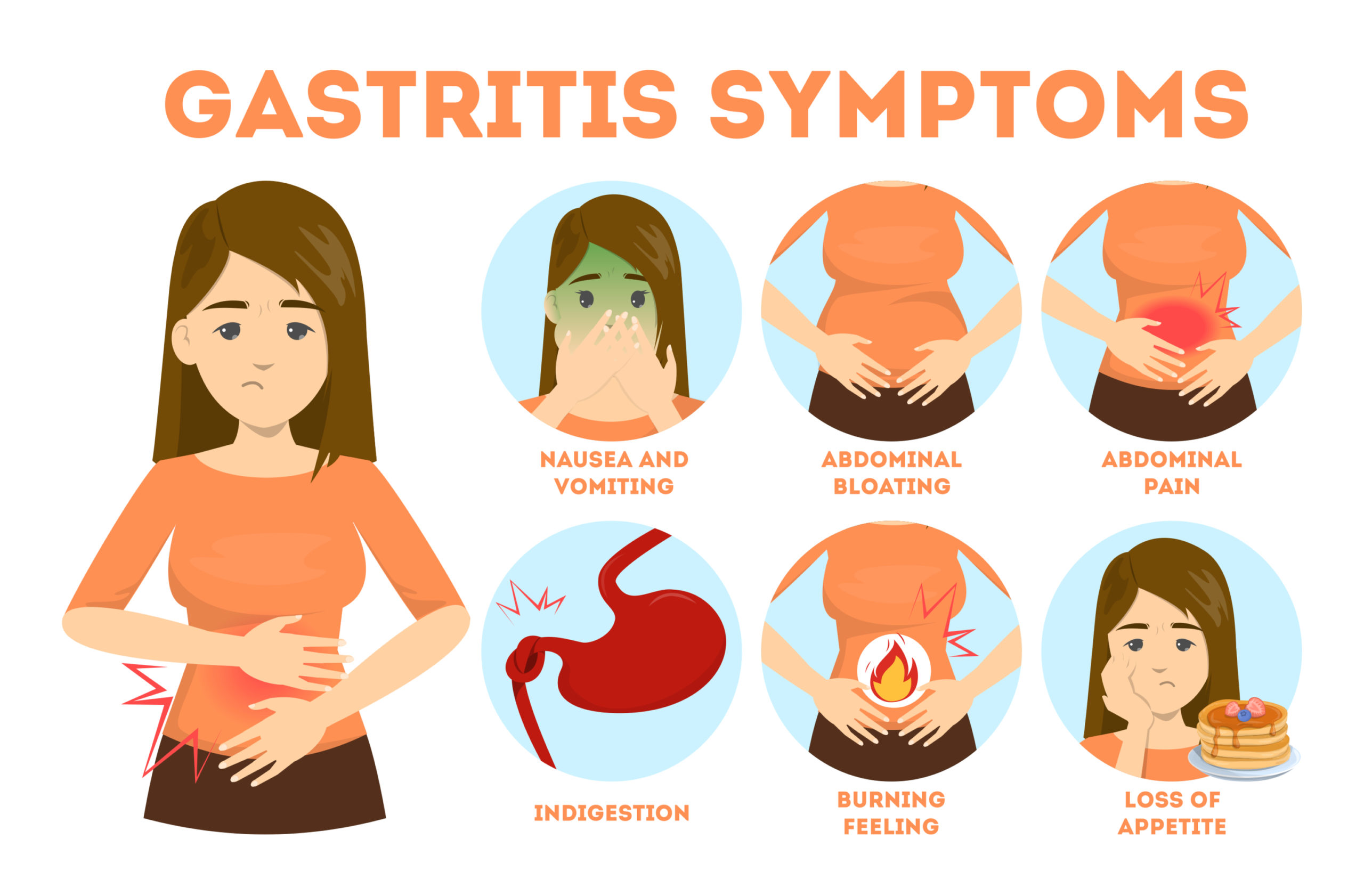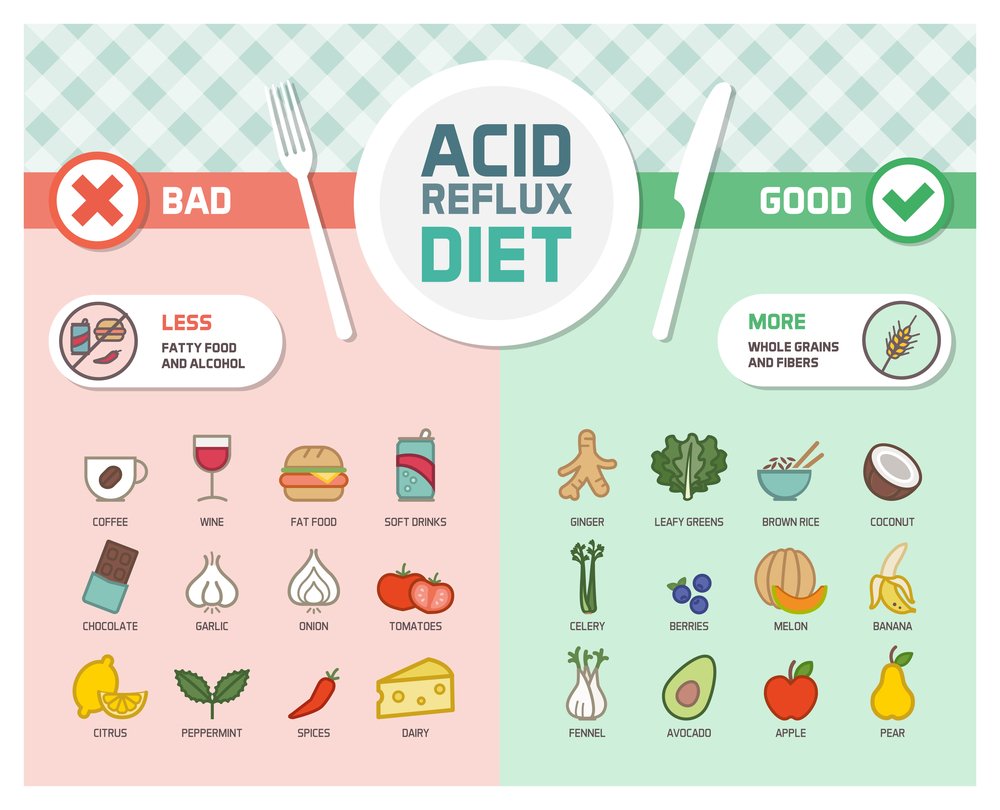What's On This Page?
TogglePeople talk of stomach problems and tummy aches, belching and pain. But some people have fatigue, or psychiatric issues. Often the blood testing work-up for these conditions does not include one important hormone called “gastrin” which I think should be measured. You see it as G17, or Gastrin-17 because the hormone consists of 17 amino acids in its makeup. This is a hormone which stimulates the release of gastric juice and is secreted into the bloodstream by your stomach wall. It happens mostly in response to the presence of food.
This special hormone is there to help you digest food. Your stomach also makes another hormone called ghrelin, which is the hormone that tells your brain you’re hungry.

When levels of G17 are elevated, it means that stomach acid production has declined. If your stomach acid is low, then levels naturally rise. Gastrin’s job is to come to the rescue and say “Stomach cells, you need to make us more stomach acid.” This stomach-derived hormone is important because it helps you to produce HCL, as in “hydrochloric acid” which is required to digest all the food that is eaten.
Consumers have been taught to dislike stomach acid, and get it down as low as possible, but maybe you shouldn’t.
You need proper levels of stomach acid. And gastrin is a hormone that responds to the amount of stomach acid present in your stomach on any given day. If there’s not enough acid, it will rise to stimulate acid production. By the way, the term hypochlorhydria is used for people with low stomach acid levels.
Measuring gastrin levels with a blood test is something that lends tremendous insight. We know that it rises in a person with pernicious anemia (low B12). If you have interest, read this article from the British Medical Journal.
Elevated levels are often associated with hypochlorhydria (low stomach acid) and may cause many problems.
High gastrin is often associated with these conditions:
- Belching
- Flatulence immediately after eating
- Bad breath
- Heartburn
- Fatigue
- Frequent infections
The reason these symptoms may occur is because a condition of hypochlorhydria means that you are no longer able to extract and absorb essential nutrients like iron, magnesium, copper, zinc, B12, folate and protein. Regardless of the body’s weight, the cells are starving for nutrition due to the lack of these nutrients… which I’m saying could be due to the lack of acid. Supplements of betaine are often used. Work with a practitioner if you’d like to correct your acid levels with betaine. Don’t just take betaine because it will hurt you if you have normal or high stomach acid.
Another reason for those symptoms above is an H. pylori infection. You can and should evaluate your gastrin levels if you suspect you have H. pylori. This STUDY from 2019 investigated the relationship of gastrin with gastritis severity and H. pylori infection.
And now, for the three surprising reasons gastrin levels should be evaluated with a blood test.
3 Surprising Reasons to Evaluate Gastrin
1. You have chronic GI complaints such as flatulence right after eating, diarrhea, heartburn, reflux and early satiety which means you feel full quickly. You may have an H. pylori infection. G17 will be higher in this case.
2. You have chronic fatigue which could mean you have anemia, or hypothyroidism. Gastrin will likely be higher than normal. See below for a complete outline of what this complex connection is.
3. If you have anxiety or psychiatric concerns. A negative mood has been associated with higher gastrin levels. It may be tied to increased adrenergic activity, but regardless of the cause, mood is definitely impacted by shifts in gastrin and this comes as a surprise to most practitioners.
Gastrin is a good hormone, it supports stomach health, and assists with small intestine and pancreatic function. It helps you metabolize all the food on your plate and extract critical life-sustaining minerals. But like any good thing, you want normal levels of gastrin. By the way you can self-order blood tests nowadays, in case this is something you want to check on your own for fun. You can read more about that in my article HERE.
On the subject of stomach acid, and whether or not you should suppress it 24/7, check out this ARTICLE I wrote about the potential harm of doing that and the risk of stroke that may be involved. Speaking of acid blockers, everyone who is on chronic PPI (Proton Pump Inhibitor) therapy should have their B12 levels checked periodically. This is because gastric (stomach) tumors are associated with low levels of vitamin B12. You can read more about that in this PAPER published by the National Library of Medicine.
Here are some Gastritis Symptoms

The Connection Between Gastrin and Thyroid Hormone
There is a connection between gastrin levels and thyroid hormones which is rarely discussed, although it is a complex relationship. It involves multiple physiological processes that are continuously going on in the body. Gastrin as you just learned, is a hormone produced by your stomach that stimulates the secretion of something else, acid… notably gastric acid which has a very low pH!
It’s this gastric acid that is important for digestion. Thyroid hormones, produced by the thyroid gland, regulate metabolism and fat-burning abilities. Research has shown that thyroid hormones can influence your gastrointestinal tract function, and may affect the secretion of gastrin.
Hyperthyroidism, (high levels of thyroid hormones) sometimes termed Graves’ disease, has been associated with increased gastrin levels in some studies. This increase in gastrin will subsequently lead to an increase in gastric acid secretion, which may reflux, or cause heartburn or GERD (gastroesophageal reflux disease). Then you will be treated with something like omeprazole or Pepcid. See below for some ideas about how to eat if you have acid reflux.
Conversely, hypothyroidism, which is marked by reduced levels of thyroid hormones, may be associated with reduced gastrin levels and thus, decreased gastric acid secretion. This can affect digestion and nutrient absorption, including your ability to absorb iron, magnesium, and other trace minerals. Without enough B12, and without trace minerals, you’re ability to make thyroid hormone is reduced. It becomes a vicious cycle! There is more in my book, Thyroid Healthy.
 The exact mechanisms through which thyroid hormones affect gastrin levels are still being studied and involve a complex interplay of hormonal regulation, receptor sensitivity, and direct effects on the cells of the stomach that produce gastrin.
The exact mechanisms through which thyroid hormones affect gastrin levels are still being studied and involve a complex interplay of hormonal regulation, receptor sensitivity, and direct effects on the cells of the stomach that produce gastrin.
The relationship between thyroid hormones and gastrin levels is complex and interconnected. It’s important to consider evaluating levels in people with thyroid disease. You can self-order this blood test in case you didn’t know that. Here’s HOW.

Suzy Cohen, has been a licensed pharmacist for over 30 years and believes the best approach to chronic illness is a combination of natural medicine and conventional. She founded her own dietary supplement company specializing in custom-formulas, some of which have patents. With a special focus on functional medicine, thyroid health and drug nutrient depletion, Suzy is the author of several related books including Thyroid Healthy, Drug Muggers, Diabetes Without Drugs, and a nationally syndicated column.

